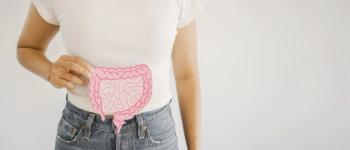
Could Bacterial Transplants in the Gut Aid in Treating Diabetes, Fatty Liver Disease?
In a study, transplants were accomplished by “engrafting of new microbiota, usually through administering faecal material from a healthy donor into the colon of a diseased recipient.”
New research data from a
Researchers discussed an “early stage” 16-week mouse study in which two groups of germ-free mice received gut microbiota transplants. One group received microbiota from donor mice who displayed symptoms of insulin resistance and liver steatosis thanks to being fed a high-fat diet. The other group received transplants from healthy mice.
Researchers said that the group of mice that received microbiota from the symptomatic mice subsequently showed higher levels of fat concentration in their livers, as well as insulin resistance. They also had lower levels of microorganisms usually found in a healthy gut. By contrast, the group that received microbiota from other healthy mice maintained normal glucose levels and insulin sensitivity.
The transplants were accomplished by “engrafting of new microbiota, usually through administering faecal material from a healthy donor into the colon of a diseased recipient.”
“By implanting microbiota from healthy mice, the study authors prevented the development of liver inflammation and insulin resistance, both indications of liver disease and diabetes,” stated EASL scientific committee member Dr. Frank Lammert. “Thus, gut microbiota transplants could have a therapeutic role in the development of these diseases.”
Newsletter
From ingredient science to consumer trends, get the intel you need to stay competitive in the nutrition space—subscribe now to Nutritional Outlook.





